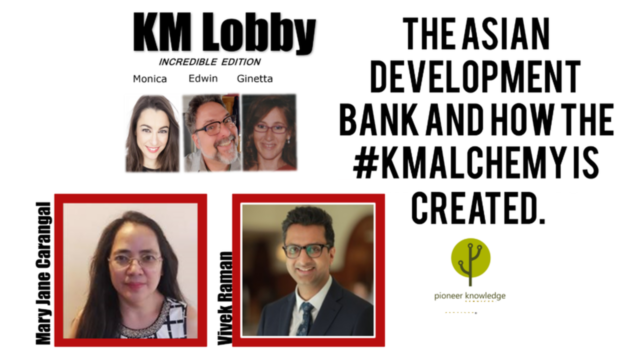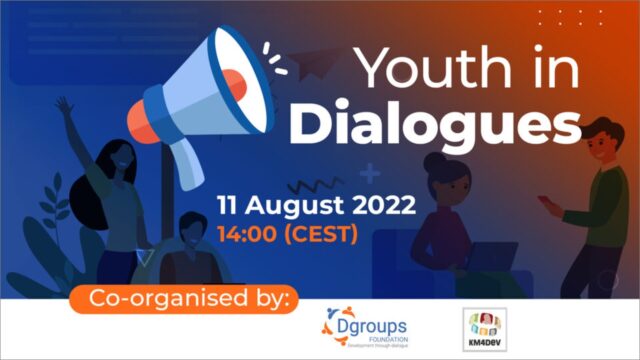
Women are influencers in rural communities
Originally posted on The Horizons Tracker.
Women are at the forefront of being influencers on social media platforms such as Instagram. However, their leadership is not limited to the digital realm. In fact, women can also play a pivotal role in driving change in their local communities, taking charge of implementing sustainable and developmental initiatives.
That was the conclusion of a recent study1 from the University of Sydney, which aimed to identify the members of agricultural communities on the Indonesian island of Sulawesi who could bring about positive change, within the context of international development and sustainability programs. To achieve this, the researchers analyzed the social networks of the communities.
Local influence
They began by conducting a survey of more than 2,000 farmers, who were asked to identify the opinion leaders in their communities – individuals they relied on for farming advice and information. Eighteen such leaders were selected for a subsequent experiment, where they were tasked with persuading other farmers to improve the health of their cocoa trees by using pruning scissors provided by the program. Notably, the identified opinion leaders were mostly older men.
In a comparison group, another set of eighteen farmers was selected randomly. This group included a higher proportion of young farmers and women who were not identified as opinion leaders in the initial survey. Surprisingly, this group was twice as successful in persuading their peers to try out the new scissors. Women and younger farmers, in particular, proved to be highly effective in influencing others, contrary to the researchers’ expectations.
“Our result was a real surprise—we didn’t originally set out to study the effects of gender or age,” the researchers explain. “But what our result has demonstrated is something often remarked on anecdotally in many other settings. From farming and construction to banking and politics, older men are often perceived as the most influential in their networks, but in our study, they didn’t have the greatest impact.”
Quality, not quantity
Interestingly, the researchers also found that the quantity of one’s social connections were not correlated with large-scale diffusion of change. Instead, quality mattered far more, and in this sense, women in the community tended to reign supreme.
“In Indonesia, farming is highly gendered. Few women occupy prominent roles in local farming groups—many of which are community-based organizations aimed at improving the lives of local inhabitants and which often channel support from the government and international organizations,” the researchers explain.
“There were also a number of young men and one older woman who did really well at convincing others to use the scissors. What our result perhaps suggests is that while women and young people don’t usually occupy formal leadership positions in their communities and are not typically central to information and resource networks that result from roles like heading a farmer group, they may have other networks that matter, such as more active kinship ties,” they continue.
They believe that their findings challenge the gender biases that exist within communities and the traditional definitions of both influence and leadership.
“We still might need to consult and engage certain locally-respected individuals otherwise we run the risk of them potentially blocking our initiatives,” they conclude. “If we want to make change, we need to first recognize the real potential of women and younger participants and then put that into practice.”
Article source: Women Are Influencers In Rural Communities.
Header image source: Gonzalo Facello on Unsplash.
Reference:
- Matous, P. (2023). Male and stale? Questioning the role of “opinion leaders” in agricultural programs. Agriculture and Human Values, 1-16. ↩






